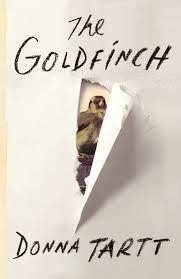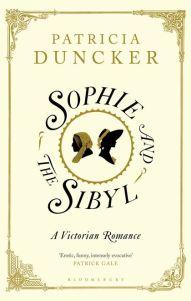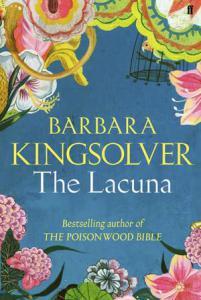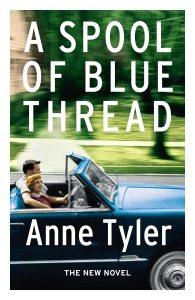After listening to so many audio books so far this year, I’ve reached the conclusion that a book comes across very differently when you use your ears rather than your eyes. You can’t speed up at fast bits (or dull bits), nor can you go back and reread, or savour any particular sentence. The story is delivered at an unrelentingly steady pace, dialog is properly dialogue, and I found I was more consciously aware of waiting for the plot to unfold (I confess to being someone who skips ahead at tense moments to see what happens). Add to that a narrator whose voice(s) may or may not delight you and the book is forced to undergo a far more rigorous trial than in the act of reading.

Essentially, I thought that The Goldfinch was four books and a coda. The first part, with the explosion in the museum, the death of Theo’s mother and removal of the painting, and his time spent with the Barbour family, was the story of The Goldfinch itself, the original part of the story. After that came a series of rewrites: the time with his father was a version of Hunter S. Thompson’s Fear and Loathing in Las Vegas; then New York and the furniture restorer, James Hobart (Hobie), was a mash-up of Dickens, The Old Curiosity Shop and Great Expectations; followed by the extraordinary Amsterdam part which was pure Bugsy Malone. And then, surprisingly, after 650 pages of pure showing, we get 70 pages of tell, where the meaning of the novel is explained. And yet…. well, the explanation didn’t fit the events. The idea at the end is that life is awful, but art is redemptive, and Theo claims that owning the painting has helped him through a terrible time and art has given him some desperately needed solace. But where has this solace occurred? Throughout the story, Theo barely looks at the painting, it causes him terrible guilt and worry, and from 200 or so pages in, it’s locked up in storage where he never goes. Only its return at the end of the novel seems to free him, and suddenly he goes from this tongue-tied, semi-comatose sufferer to an articulate philosopher, with his life meaningful and under his control again.
Where the novel did intrigue me a lot (besides Boris, who is a great character because he is one of those hero-boys who get away with everything and can carry and subsume any amount of trouble and strain), is in its depiction of post-traumatic stress disorder. Theo’s shell-shocked demeanour, his longing for calm nothingness which translates into an urgent need to lose himself, and the whole sense that his life has somehow gone wrong and can’t be mended are all symptomatic of severe trauma. I remember when I was a child my mother used to say, if you make that face and the wind changes, you’ll stay that way (which fascinated me because I could never hold my face long enough in an expression to check this out). Well, the wind that changes Theo is the blast from a bomb, and afterwards he is stuck as the good-for-nothing miscreant he felt on that day at the museum. All the other parts of his personality seem to have been blown out of him. Having lost the good mother and getting stuck with the wicked father doesn’t help him either, even though he finds alternative loving parents in Hobie and Mrs Barbour. Nothing is enough. His adoration of Pippa and Pippa’s own journey through healing were also very interesting. If I’d been editor of that novel, I’d have cut the ridiculous Bugsy Malone part and had the relationship between Theo and Pippa play out properly, against his false-self relationship with Kitsey. They could maybe have really found a way through art and love to health again. But that would have made for a very different sort of book, wouldn’t it? Art is better than life, Tartt tells us, and what happens is all very artful and not very lifelike, and the novel has a certain atmosphere and taste because of that.


the lacuna; barbara kingsolver
Finally I must mention Barbara Kingsolver’s The Lacuna, which I’d been looking forward to for ages. This is the story of Harrison William Shephard, a would-be writer who falls in with Frieda Kahlo and Diego Rivera when he is a young boy. I can’t tell you a great deal about what happens because the narration was so annoying that it took up all my attention. The novel is read by its author, and while Barbara Kingsolver writes like an angel, she reads like a primary school teacher. I’m going to have another shot at this one in book form, where I think it will be much more enticing.

